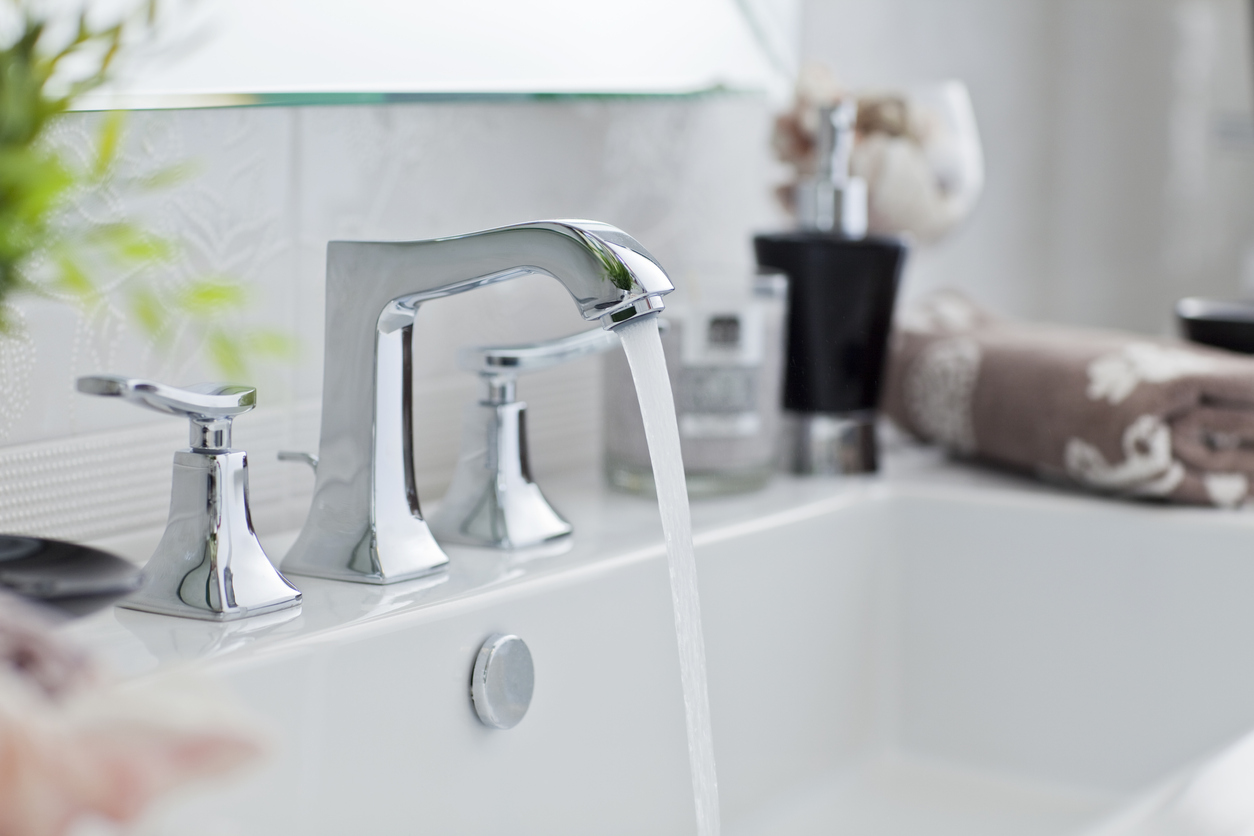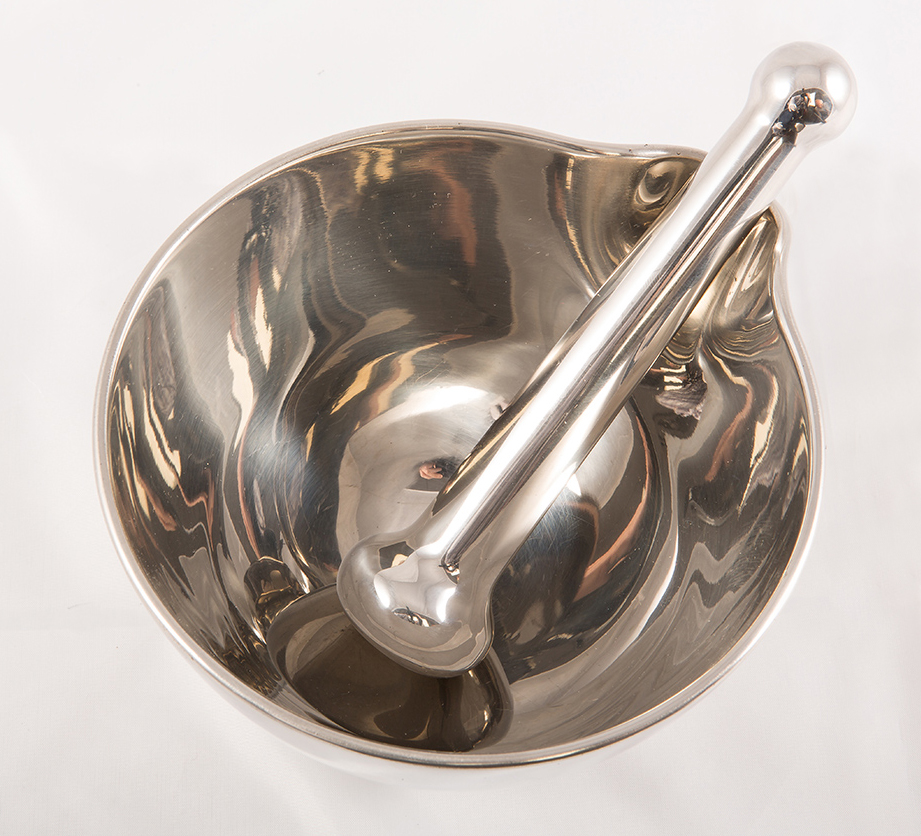How Can Investment Castings Benefit from Mirror Polishing?
At Dean Group, we have years of experience applying different finishing techniques to our client’s investment castings. We offer a vast selection of surface finishes and treatments as a specialist investment casting company, including anodising, powder coating, brush polishing, e-coating and more.
In our latest blog, we are putting the spotlight on mirror polishing to showcase its benefits to castings.
What is Mirror Polishing?
Mirror polishing is the process of sanding down and buffing imperfections in metals following casting. This provides a mirror effect to the metal, hence its name. The mirror polishing process includes grinding the metal to achieve a smooth surface.
This first step is split into two; a rough grind and a fine grind. The rough grind will modify any uneven surfaces and irregular shapes in the casting. However, it won’t repair any deep wear marks. This is where fine grinding comes in. Fine grinding removes the deeper wear marks and prepares the casting for polishing. A wool pad buffs the surface during polishing, making it brighter and removing any tiny imperfections leftover.
Once this process has been completed, further finishing touches can be applied to protect the metal from future oxidation using oils, waxes and more.
Mirror polishing is more commonly used on stainless steel and aluminium to make the metals appear more aesthetically pleasing. Often used to create a more commercial finish for items to appear bright and reflective, you will find a mirror polishing finish on many household items such as taps or table legs.
However, it does offer more benefits than being good on the eye.
What Are the Benefits of Mirror Polishing?
The smooth and reflective surface of a mirror-polished casting can often give the impression of quality and style. This is why we see so many mirror-finished features in contemporary items such as furniture and décor. However, that’s not all it does.
Mirror finishing makes the surface of a casting less susceptible to contamination. There are no scratches or imperfections in the metal; therefore, there are fewer opportunities for impurities to affect the metal. Deep scratches in metals can harbour corrosive particles, so you are removing those particles from the metal by buffering these scratches out.
Removing these scratches also means the casting is less likely to harbour bacteria or mould, as there are no areas that cannot be cleaned. This is why you often find items with mirror polishing finishes in healthcare locations.
Are There Any Disadvantages to Mirror Polishing?
The highly reflective, bright surface of a mirror-polished casting means additional maintenance if you want a surface that remains clean at all times. It shows marks such as fingerprints and food residue quite easily and quickly.
For example, if you required a mirror polish on your door handles, which were frequently used by members of the public, you would have to think about the maintenance involved in keeping them shining. Abrasive cleaning products such as paper towels can sometimes cause minor scratches on the surface or mirror finished objects.
Which Materials Can Be Mirror Polished?
Most metals are dull in their natural form, and many lose even more of their shine once they have been machined or subject to other processes such as heat treatment. Many metals can have a mirror polishing finish applied to appear shiny and “new”. This finish is most commonly applied to stainless steel castings and aluminium castings.
Stainless steel castings are very versatile and are found in a variety of industry applications from renewables to aerospace. The metal is highly resistant to corrosion prior to a mirror finish being applied, which is why it is found in main healthcare settings.
Aluminium is often chosen for investment casting due to its versatility too, but it has the added advantage of being lightweight in comparison to other metals, so it can be used for a wider cross-section of industries. Aluminium offers a good electrical and high thermal conductivity and is used for castings for railway, aircrafts, smart phones, air conditioning and more. Again, is it highly resistant to corrosion prior to mirror finishing; however it can be prone to pre-rust, so mirror polishing can prevent aluminium from tarnishing and showing signs of pre-rust.
Many other materials, including bronze, brass, copper and zinc, can be mirror polished to give them a more aesthetically pleasing look.
Mirror Polishing from Dean Group
At Dean Group, we can advise you on the best finish for your product. If you want the style brought about from mirror polishing, but your product is for a high traffic area that will be touched a lot, we can find different processes, treatments and finishes that will work for you. If you want to know more about mirror polishing or any of the other surface finishes available for your investment casting, get in touch with our team, and we’ll be happy to talk you through the process.
Registered in England VAT No: 146307478 Company Registration No: 1062820







